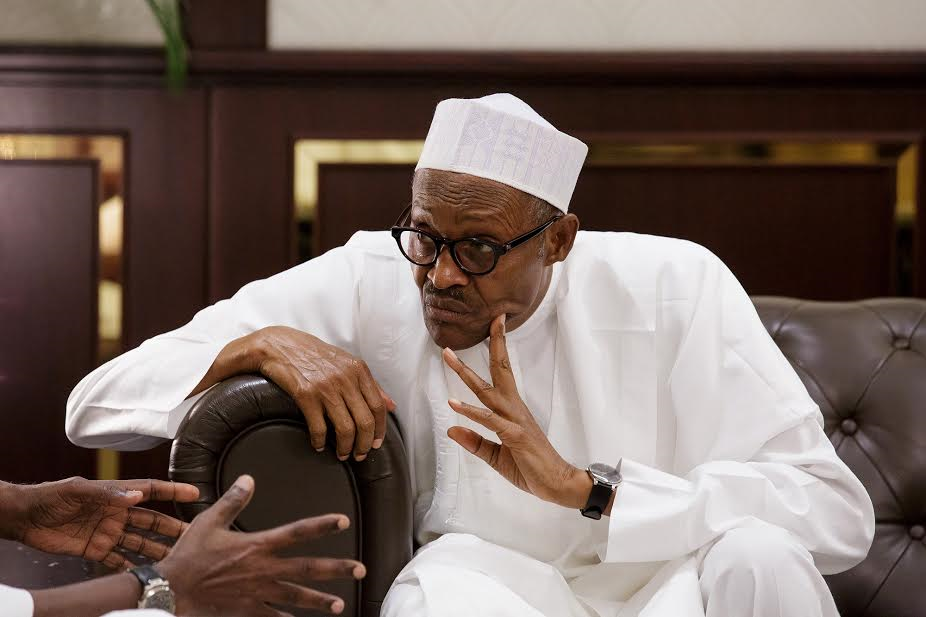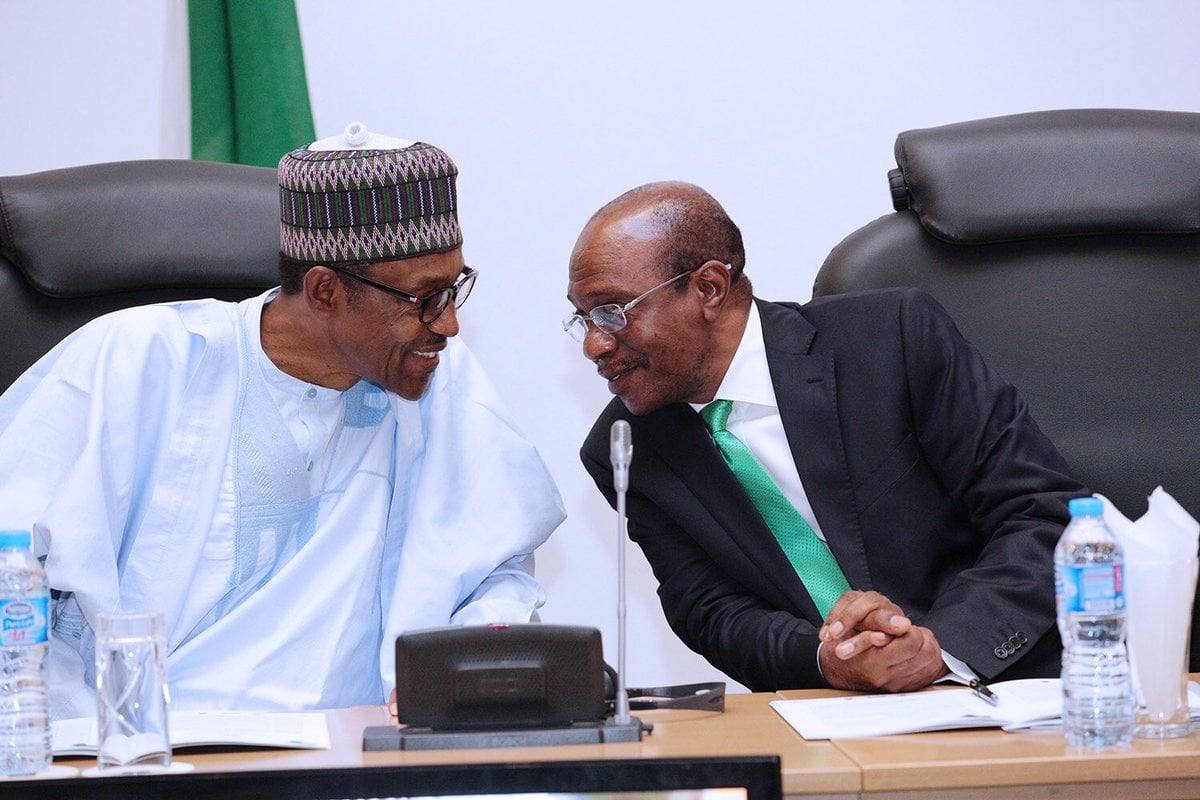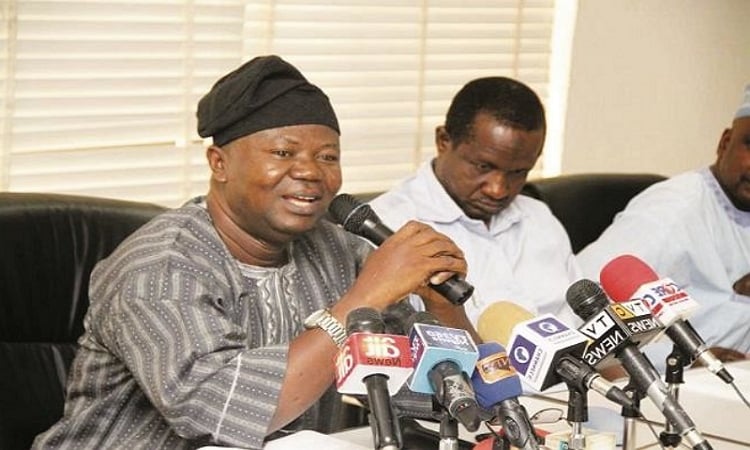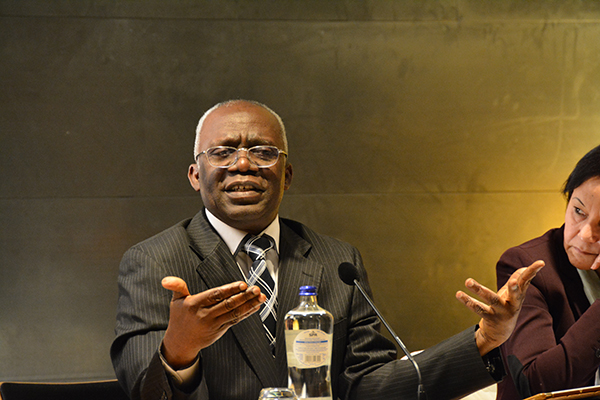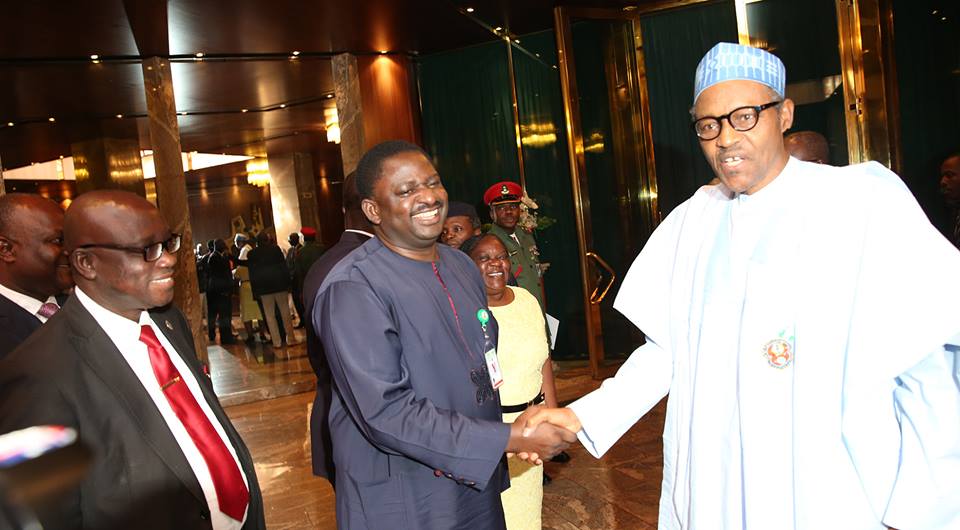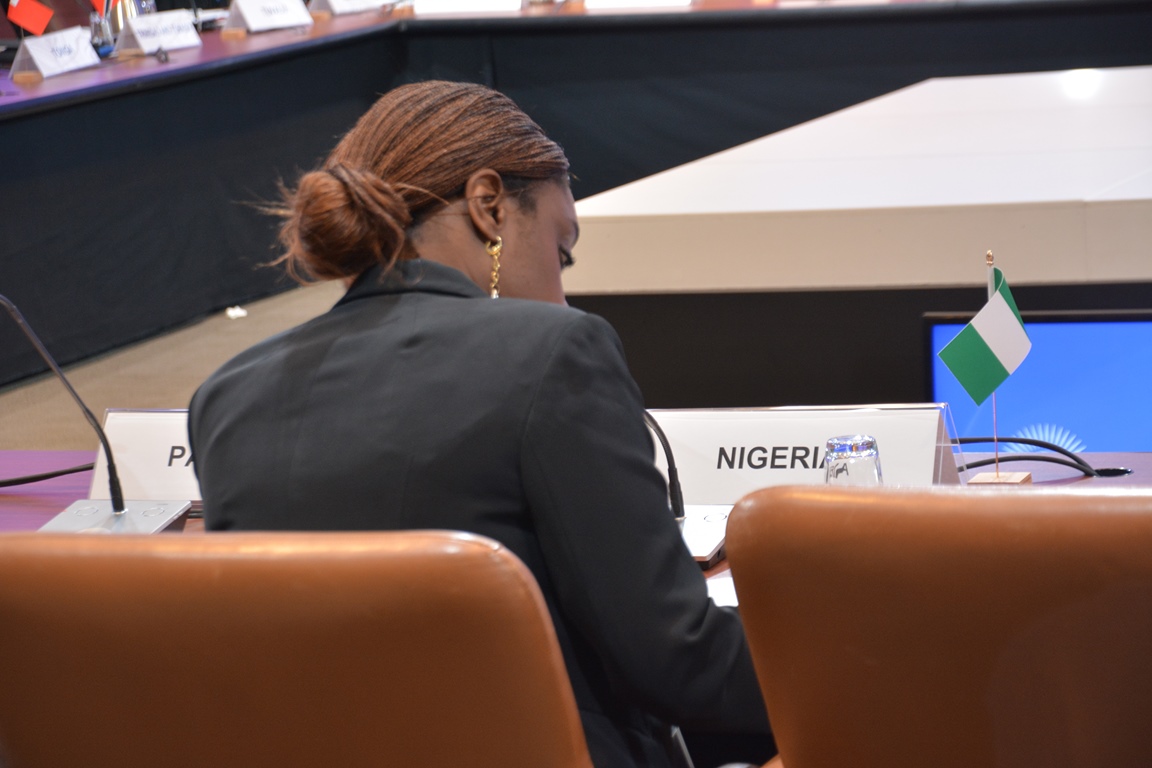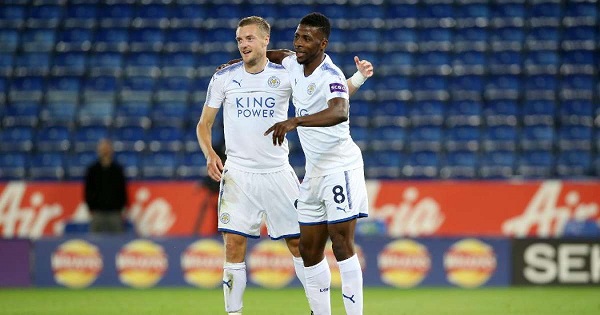Buhari is not dead | TheCable.ng
I grew up in the home of a nomadic civil servant. Today, my father will be on his way to Delta state for supervision. Tomorrow, he is on his way to Jos for coordination. One thing was clear in all those journeys: he was always travelling so he could meet our needs, and seek a better life for the family he led.
Anytime my father returns from those long trips, we would sit around him to hear different stories of how his trip went, while he earnestly listened to what we had also faced in his absence. Those days were always a time to look forward to.
After 103 days outside Nigeria, President Muhammadu Buhari finally returns to Nigeria and heightens our expectations by saying he will address the nation in less than 48 hours after his return. I was hopeful, and it reminded me of one of those days, when my father will heartily speak to us after his long trips. It felt all too familiar. The president seemed to show he really cares about us. Despite the state of his health, he still want to address us. What a father!
I, for one, went to bed early, to wake up and hear for myself everything the father of the nation will tell his sons, whom he had been away from for over three months. By the end of the speech, the president had a clear and important message he was sending home to us all, but that in itself was yet another unforced error.
Advertisement
Not minding the style in which the speech was delivered — some say it was reminiscent of the military era — but I beg to differ. Goodluck Jonathan, a democratic president, and Yemi Osinbajo, a revered professor of law, gave speeches in similar stance and manner. The style is not exclusive to the military. However, some of the content may have been rather undemocratic.
“Nigerians are robust and lively in discussing their affairs, but I was distressed to notice that some of the comments, especially in the social media have crossed our national red lines by daring to question our collective existence as a nation. This is a step too far,” Buhari had said.
“In 2003 after I joined partisan politics, the late Chief Emeka Ojukwu came and stayed as my guest in my hometown Daura. Over two days we discussed in great depth till late into the night and analyzed the problems of Nigeria. We both came to the conclusion that the country must remain one and united.
Advertisement
“Nigeria’s unity is settled and not negotiable. We shall not allow irresponsible elements to start trouble and when things get bad they run away and saddle others with the responsibility of bringing back order, if necessary with their blood”.
This seems innocently pleasing, especially to someone like myself who loves the idea and the prospects of a united Nigeria. I strongly believe that many who are calling for secession of a certain portion of the Nigerian state are doing it for political reasons, but I also know enough to know that in a democracy, the voice of the people is prime, regardless of how political they sound.
The president said the nation’s red lines were crossed because some Nigerians questioned our collective existence. When did it become a crime to question the collective existence of Nigeria? Is democracy not about choice? Choosing what we deem right for ourselves at any time within the ambits of the law. That is the democracy Mr President swore to uphold.
Mr President also referred to a meeting he held with late Biafran leader, Emeka Ojukwu, and said they both concluded (outside political power) that Nigeria must remain united. That both men decided in 2003 that Nigeria must remain one, does not mean Nigeria has to remain one, 14 years later. A lot has changed in our political landscape through those years. Even if nothing changed, the fact that we operate a democracy, the private discussion of two men, who were citizens like us, is not binding on a nation state.
Advertisement
Finally, the president — like a dictator — crossed a red line himself by making an absolute statement that Nigeria’s unity is settled and not negotiable. This is very undemocratic.
Nobel Laureate Wole Soyinka had said — and I so support — that anything is negotiable, including the unity of Nigeria — especially the unity of Nigeria.
“We must stop confusing and mixing up the argument, we are mixing up the argument. It is very unfortunate for our leaders to say that the question of breaking up or not breaking up should not have arisen in the first place. It all sounds hypocritical, dogmatic and dictatorial. The statement is the unity of Nigeria is non-negotiable, now that to me, is a false,” Soyinka said in July.
“Anything is negotiable, the right for people to determine their future is what is non-negotiable. Most nations came to being through negotiation. What the question should be: should Nigeria break up? My answer to that is no, but please don’t tell me that Nigeria, as it stands is non-negotiable. For me, this is a fallacy.
Advertisement
“The nation has got to be negotiated, negotiation includes ensuring that there is no marginalisation. Negotiation means control of resources, negotiation has to do with restructuring a nation in a way that the components and constituents are not feeding an overbloated centre to the detriment of their development. The language we should use is what are you willing to sacrifice? What efforts are you willing to make to ensure Nigeria remains intact? That is the question.”
Excuse me Mr President, you are President Muhammadu Buhari, the reformed democrat — not General Muhammadu Buhari, the head of state. Nigeria will not be safe, secure and progressive, if we do not negotiate our way to unity. You do not dictate unity, a people must negotiate and work their way to unity.
Advertisement

